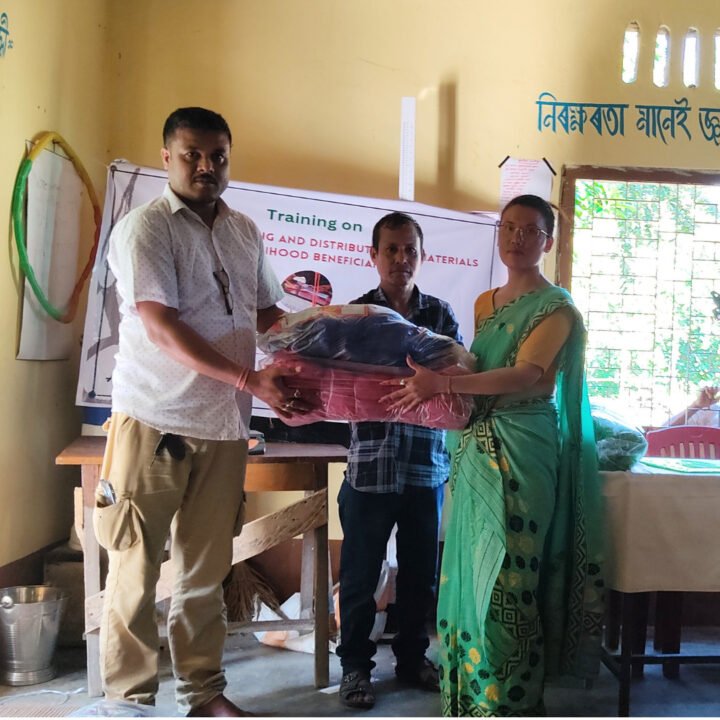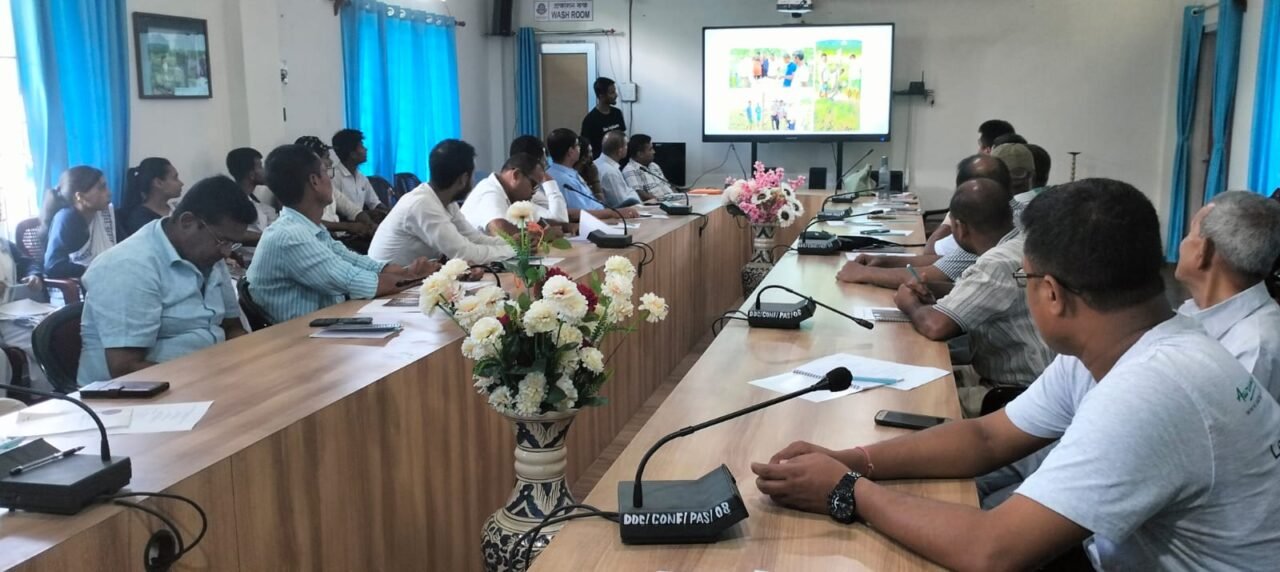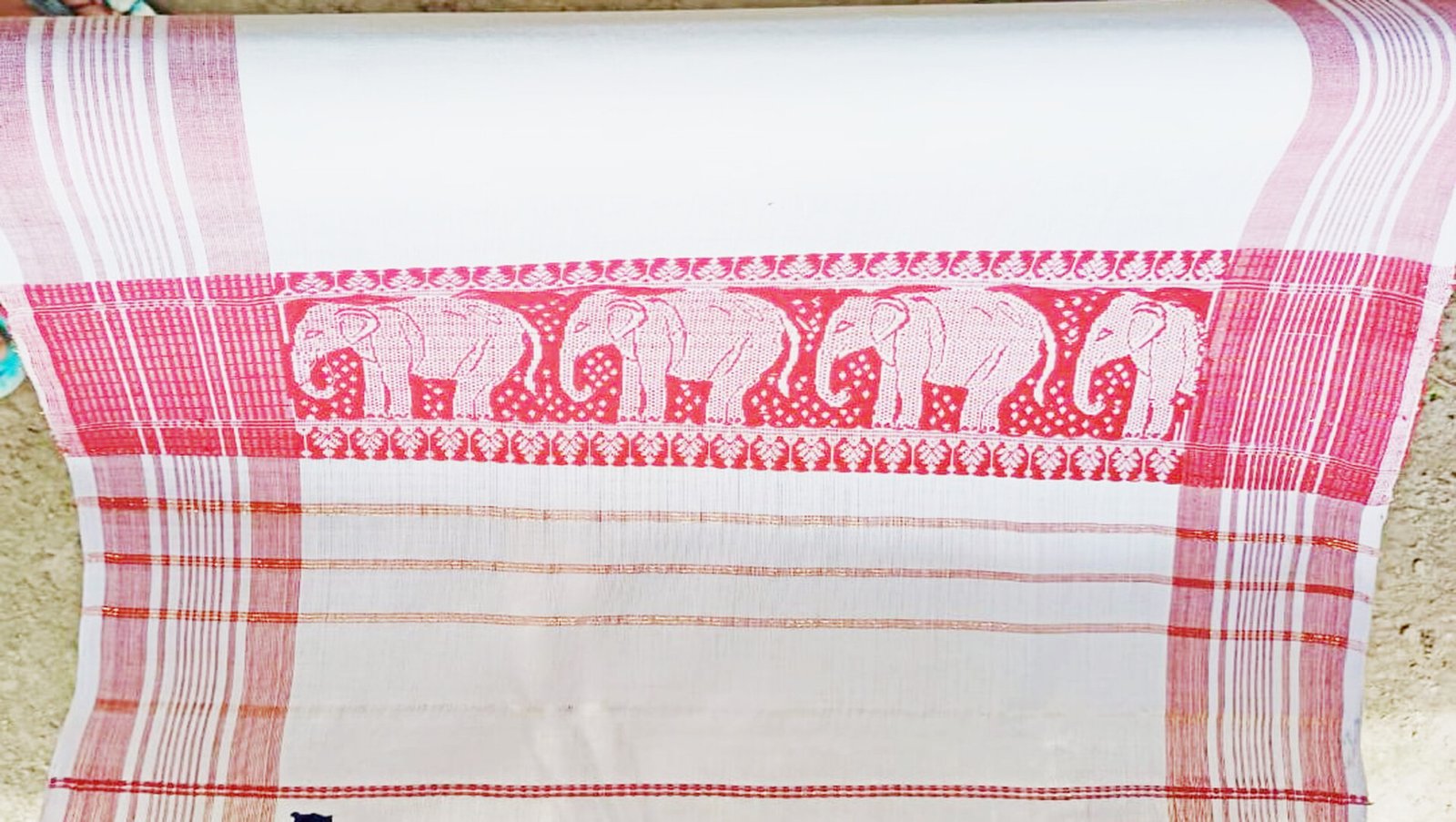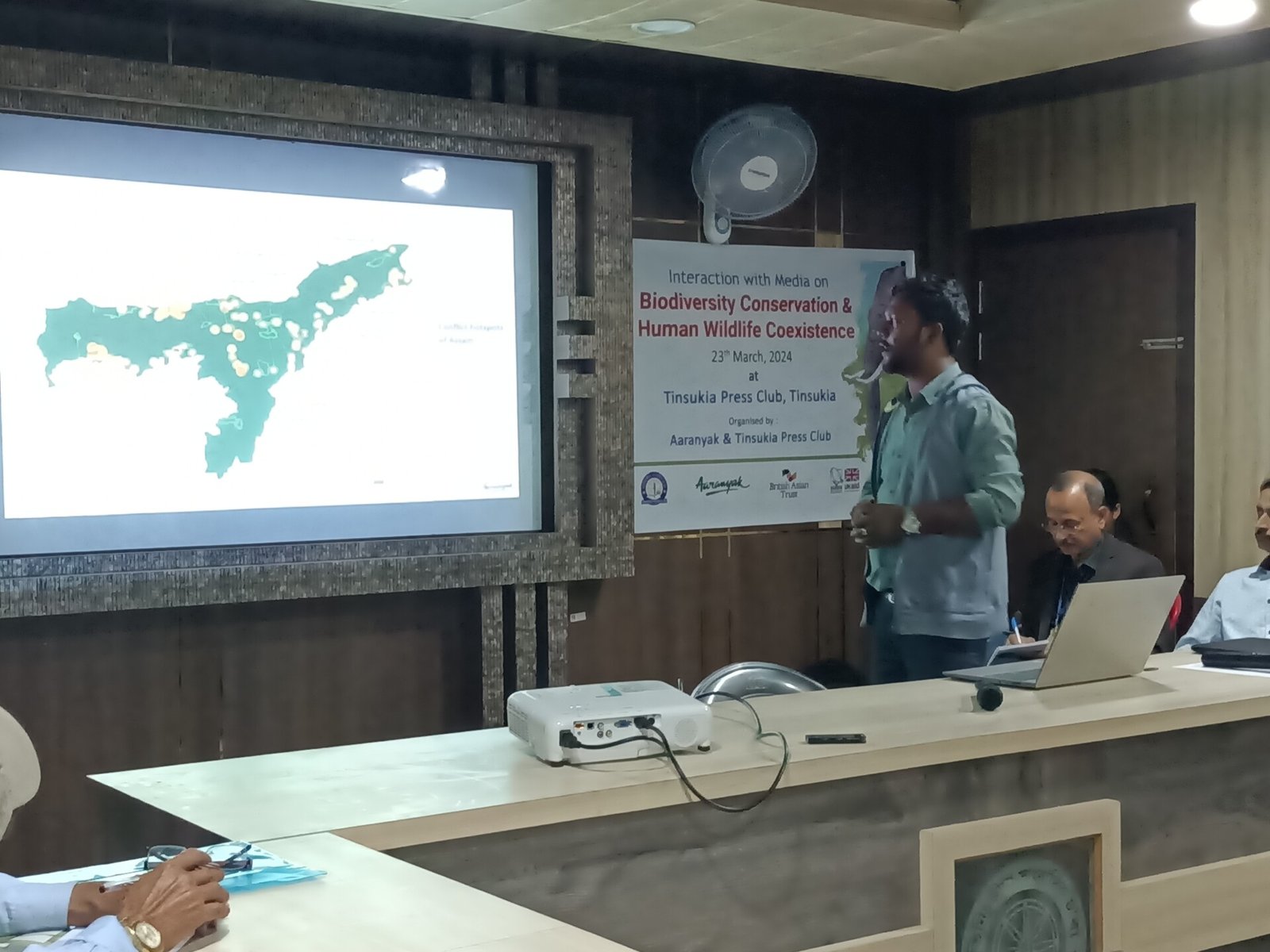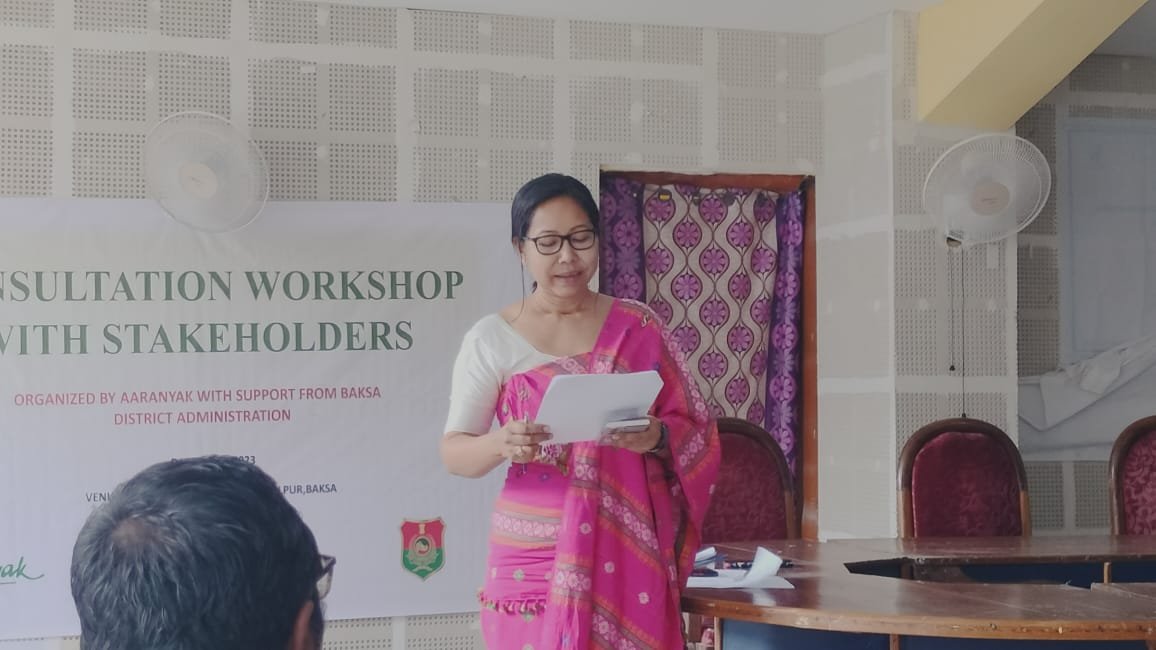HT Bureau
GUWAHATI, Aug 4: Aaranyak, one of India’s leading biodiversity conservation organisations, in partnership with the British Asian Trust and with support from the Darwin Initiative, organised two-day handloom training workshops for women in human-elephant conflict (HEC)-affected villages of Assam. The initiative aims to provide additional livelihood options for women to offset some of the losses incurred due to conflicts with wild elephants.
The handloom training equips women with skills that reduce their dependence on traditional livelihood options like paddy cultivation and horticulture, which have become unsustainable in HEC-affected areas. By offering sustainable alternative livelihoods, this program fosters better coexistence with wild elephants, enhances community well-being, and contributes to biodiversity conservation, as stated in a communiqué from Aaranyak.
The workshops were attended by women from HEC-affected areas, and they were conducted by renowned handloom expert Nandeswar Deka. Participants learned various handloom techniques and expressed enthusiasm about the prospects of pursuing handloom as an alternative livelihood option.
“We learnt a range of handloom techniques during the two-day training. It has encouraged me to think seriously about taking up handloom as an alternative livelihood option. In our area, we are frequently in conflict with wild elephants, which often results in extensive damage to crops, our basic and primary source of livelihood,” said Joshna Taye, a woman from Sagunpara village in Jorhat district.
Similar training workshops were held in other HEC-affected villages, including Hatishal and Bejorsinga in Jorhat district, where women expressed happiness with the training experience and hoped that it would help them supplement their income.
The workshops were coordinated by Aaranyak’s senior official Niranjan Bhuyan, with the assistance of village champions Sunil Taye, Makhon Kalita, and Sabita Malla, among others. Weaving emerged as a preferred means of supplementing livelihood for many women based on survey results. Traditionally, weaving is practiced in households, mostly by women, to create daily use clothes.
Aaranyak conducted a series of weaving training sessions for women affected by human-elephant conflict in various villages. These workshops took place in Majuli’s Halodhibari village, Gazera, Jaborchuk Kathoni, Konwarbam, Tanti Pathar in Dibrugarh district, and Sibsagar.
During these training sessions, women were provided with 5 kg of cotton yarns at the end of the training to support their weaving endeavours. The initiatives aim to empower women with sustainable skills and create a positive impact on their livelihoods, thereby contributing to the conservation efforts and fostering peaceful coexistence with wild elephants.


